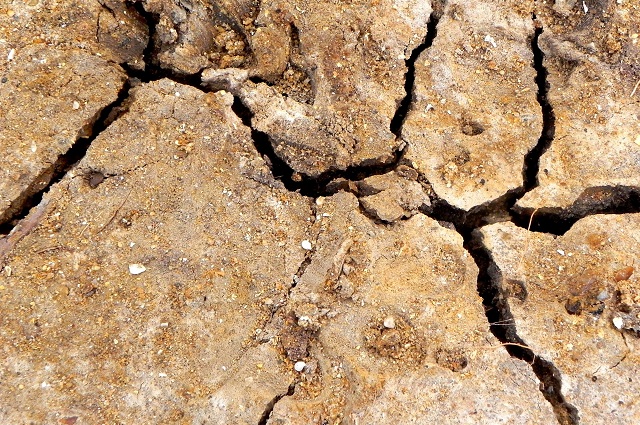News Story
(Below is a backup copy of the original article with as much credit to the publisher as well as the author that we can provide. By no means do we mean to violate any copyright laws. This page is appearing because someone indicated that the original story was unavailable.)
Why eating red meat and cheese may not be as bad as you thought
Eating red meat and cheese does not increase the chance of an early death, according to a landmark study.
The findings come after widespread claims by nutritionists that meat and dairy products increase the risk of heart attacks and harm long-term health.
But a global study involving almost 150,000 people, the first of its kind, found the healthiest diet can include red meat and whole fats from animal sources.
People consuming a well-balanced range of foods, which also include vegetables, legumes, fruit and fish, were found to be 30 per cent less likely to die during the 10-year period covered by the Prospective Urban Rural Epidemiology (Pure) study than those on a poor diet.
- ADVERTISEMENT -
They were also 18 per cent less likely to suffer from cardiovascular disease and 19 per cent less at risk of a stroke.
The study covered more than 20 countries and the findings hold true internationally, the scientists said.
Dr Andrew Mente, study lead author from McMaster University in Canada, said the results “have profound implications for diets globally”.
“It indicates that the biggest gains in avoiding premature cardiovascular disease and deaths globally is expected to occur by increasing the intake of healthy foods to a moderate degree,” he said.
“On this basis, current advice to restrict dairy, especially whole fat dairy, to very low amounts in populations globally is not necessary or appropriate.”
The study found that the ideal daily diet includes a person’s five-a-day of fruit or vegetables, half a portion (48 grams) of legumes, such as peas or lentils, 28 grams of nuts, a similar amount of fish, two servings (185 grams) of dairy, half a serving (55 grams) of red meat and 22 grams of poultry.
Overall, said Dr Mente, the Pure diet allows a moderate amount of animal foods, for example one cup of milk or yoghurt or three ounces of cooked red or white meat daily.
Pure diet
Pure diet
Dr Mente believes that the issue of cardiovascular disease and early mortality in society may not be due to overindulgence of meat, dairy or saturated fats but actually under-nutrition caused by people not eating enough key food groups.
He believes there is now evidence to suggest that dairy foods, especially whole-fat dairy, may be protective against hypertension and metabolic syndrome which are common drivers of cardiovascular disease.
The study, published in the European Heart Journal, scored a person’s diet on a scale of one to zero for six different categories, creating a perfect score of six, and the closer to zero a person was, the worse their diet ranked.
The average mark was 2.95, and the people above five, the top 20 per cent, were 30 per cent less likely to suffer an early death than those in the bottom quintile of less than one.
Data show that the people with the worst diets in the study, scoring less than one point overall, actually had the lowest level of saturated fat intake. Avoiding saturated fats is a central tenet of many modern diets yet those with the smallest amount in their daily food were the least healthy, the study found.
“[This] strongly suggests that current targeted dietary guidance limiting the consumption of saturated fat and dairy in many populations of the world may not be warranted,” Dr Mente said.
“The Pure diet is similar to several other common diet patterns like the Mediterranean diet which emphasises increased fruit, vegetables, legumes, nuts, and fish, with some differences in their focus on different types of fats and the consumption of dairy.
“Our findings show that a similar dietary pattern, but which also includes dairy foods - consumed mostly as whole fat dairy - may have the most favourable associations with health outcomes in a global population.”
A recent special issue of a scientific journal brought together dozens of food experts who concluded that meat is crucial for human health and they called for an end to the “zealotry” pushing vegetarian and vegan diets.
The NHS says “meat is a good source of protein, vitamins and minerals” and advises people to not consume more than 70g of red or processed meat a day.
A study conducted last year found that increasing consumption of legumes, nuts and whole grains in line with a Mediterranean diet could extend a man’s lifespan by 13 years if they adopted it at aged 20, and a woman’s lifespan by 11 years.
However, it also found that lowering red meat intake would increase life expectancy by almost two years. The new study challenges these findings.
Broaden your horizons with award-winning British journalism. Try The Telegraph free for 1 month, then enjoy 1 year for just $9 with our US-exclusive offer.

